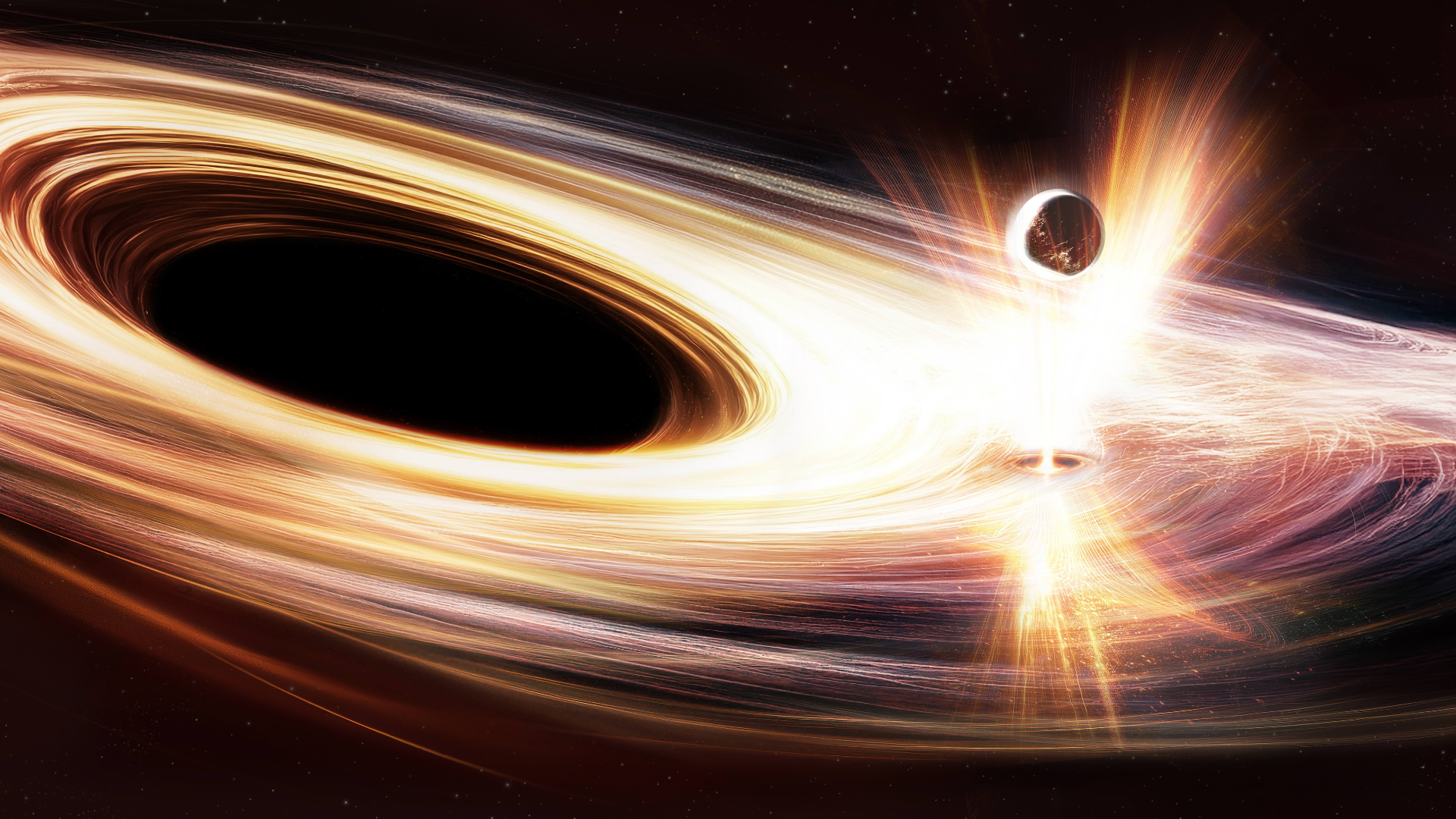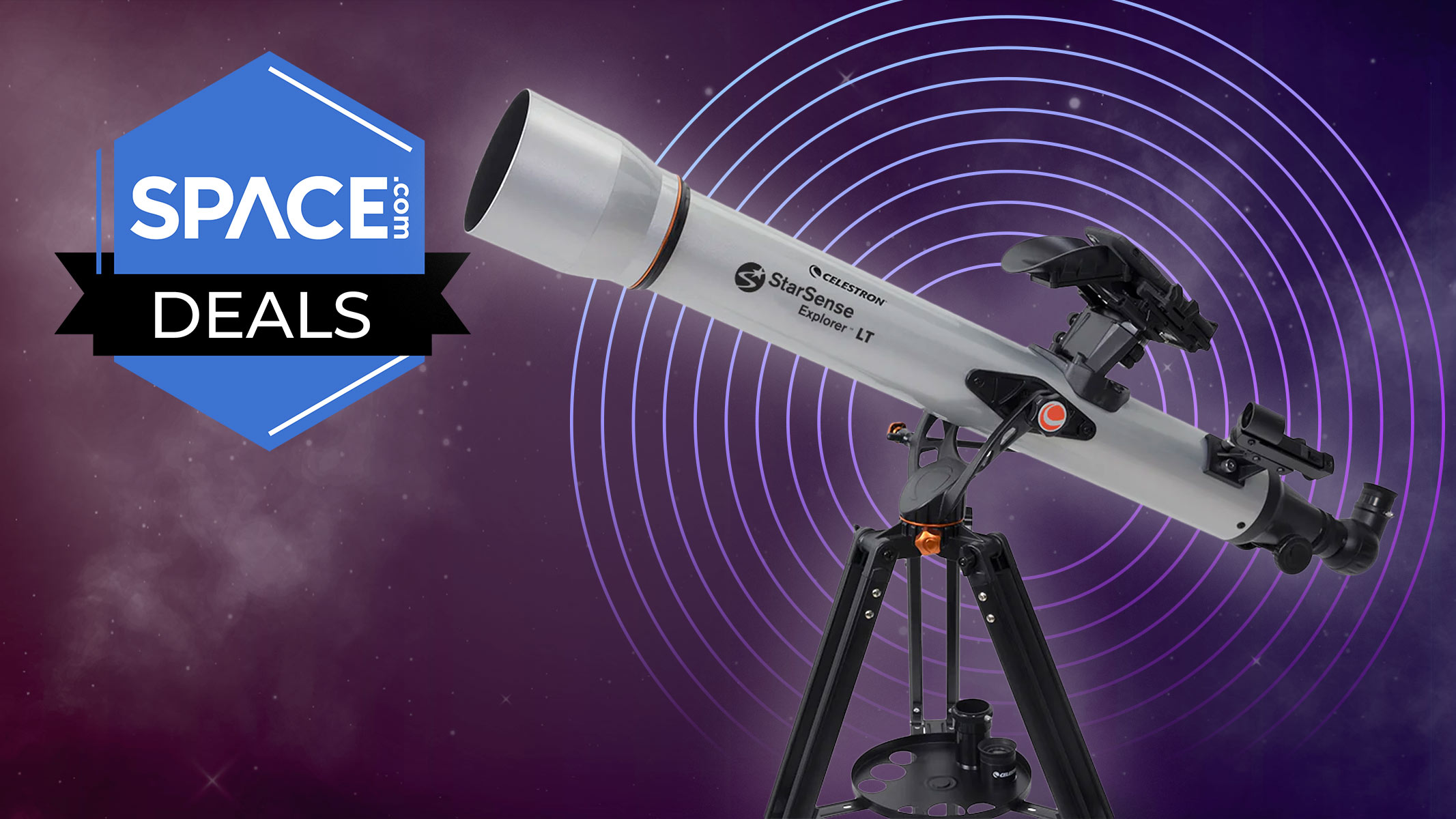Russians Issue Report on Failed Solar Sail Launch
A group of Russianengineers has made its final report on last month's failure of a privatelyfunded mission to test the world's first solar sail in space. The groupfinancing the flight responded sharply with criticism toward project and launchvehicle teams.
With over four years ofwork behind them, officials in the United States and Russia stood on thesidelines on June 21 as they put their spacecraft in the hands of the RussianNavy responsible for launching the sail aboard a Volna rocket.
The converted ballisticmissile, formerly of Russia's nuclear arsenal, shot out of its launch tube froma Russian Navy submarine hovering beneath the Barents Sea off the country'snorthern coast. Plans then called for the rocket to leave the Cosmos 1 solarsail and a kick motor in a suborbital trajectory before the injection modulefired to deploy the spacecraft in its target orbit some 800 kilometers high.
As the craft's Russianmanufacturers attempted to gain contact in the minutes and hours after launch,it soon became clear something went awry during the rocket's firing.
The Planetary Society --financier of the Cosmos 1 project -- reported online Wednesday that the VolnaFailure Review Board has completed its investigation into the botched launch.Initially convened by the Makeev Rocket Design Bureau, the group made its finalreport to the Russian space agency Roskosmos.
The probe revealed therewas enough telemetry data to determine that the Volna's first stage engine didnot complete is planned 100-second burn before jettisoning from the rest of thevehicle. Instead, the engine -- powered by nitrogen tetroxide and unsymmetricaldimethyl hydrazine -- shut down 82.86 seconds into flight, and the plannedseparation of the first and second stages did not occur. Officials deemed theengine problems were caused by a "critical degradation in operationscapability of the engine turbopump."
Therefore, the craft neverstood a chance to achieve orbit, and the booster's control system aborted thelaunch about 160 seconds after first stage ignition. "They did notdescribe any telemetry data to support the conclusion that the rocket's stagesnever separated," Cosmos 1 project manager and Planetary Society executivedirector Louis Friedman said in a statement.
Get the Space.com Newsletter
Breaking space news, the latest updates on rocket launches, skywatching events and more!
Under this scenario, thepayload and rocket likely fell into the Barents Sea a few hundred kilometerseast of the launch area near the city of Murmansk.
The board was composed ofrepresentatives from Makeev, which built the Volna rocket in question, Cosmos 1manufacturer NPO Lavochkin, and engineers from a Roskosmos center.
"No one involved withspacecraft tracking or on-board electronics participated in the analysis, andthe board did not review or consider the data received at the Kamchatkaportable tracking station that some of the team think might have come from thespacecraft," Friedman said.
Planetary Society officialshave long contended that Doppler tracking signals received at a portable groundstation at Petropavlovsk on the Kamchatka peninsula in eastern Russia couldhave come from Cosmos 1 as it flew overhead. Later communications passes in theMarshall Islands and the Czech Republic produced less distinct data, which U.S.engineers have now discounted.
"That would only havebeen possible if the spacecraft had separated from the rocket and its orbitinsertion motor had fired."
"It appears almostcertain that we have received signals from the spacecraft after it was injectedinto orbit," Dr. Viacheslav Linkin, Cosmos 1's science manager fromRussia's Space Research Institute, said earlier this month.
The Planetary Society saidthey were not invited to be part of the failure investigation, andinternational arms traffic regulations require an approval before organizationscan take part in accident probes involving defense weapons and services.
"Even before thefailure review, there was a serious lack of communication and coordination withthe project and launch vehicle teams," Friedman noted.
"What's soexcruciatingly frustrating is that we were done in by a launch vehicle failure.Our spacecraft never got a chance even to try," Friedman said a few daysafter the launch. "But we chose to launch on the Volna, and we takeresponsibility for that."
The Planetary Society iscurrently plotting their next course of action in the Cosmos 1 project, andofficials say the story of Cosmos 1 is not over. "The Society isconsidering its next steps in planning how we will try again. We needadditional data before we can reach an independent conclusion about whether ornot the Volna's stages separated and the spacecraft's orbit insertion motorfired. With that information, we will be better able to chart our course forthe next flight of a solar sail."

Join our Space Forums to keep talking space on the latest missions, night sky and more! And if you have a news tip, correction or comment, let us know at: community@space.com.
Stephen Clark is the Editor of Spaceflight Now, a web-based publication dedicated to covering rocket launches, human spaceflight and exploration. He joined the Spaceflight Now team in 2009 and previously wrote as a senior reporter with the Daily Texan. You can follow Stephen's latest project at SpaceflightNow.com and on Twitter.









